So why is natural gas being phased out?
Natural gas is being phased out of new home construction because burning any fossil fuel releases carbon dioxide into the atmosphere and contributes to the warming of the planet.The carbon dioxide emissions from burning natural gas are lower than with oil or coal, but there are other emissions to be concerned about. Burning natural gas also emits carbon monoxide, nitrogen oxides (NOx), and sulfur dioxide (SO2), along with methane, another potent greenhouse gas - but more about that later.
Shouldn't "Natural Gas" really be called "Fossil Gas"?
Yes, natural gas should be correctly called fossil gas, as pointed out recently by Edgar Dearden,sustainable home designer with GNAR Inc in Whistler BCwhen he wrote to us about the size of the challenge to eradicate the use of natural gas for home heating.As I explained, there's only one problem with calling the gas that arrives in our homes "Fossil Gas", and that is down to some very effective marketing by the fossil fuel industry - if we did, then you probably wouldn't be reading this article right now as the majority of the public who search for information about the availability of supply or the environmental impact of "Natural" Gas search just that - and not "Fossil Gas".
所以你看,虽然它就像冰沙中的草莓味一样自然,但不幸的是,如果我们希望产生影响,我们就被这个词困住了……所以,说了这么多…
天然气是如何开采的?
开采天然气的方法有很多种,这取决于该地区的地质情况。In can be accessed by vertical drilling, horizontal drilling, and the most controversial and ecologically damaging method – hydraulic fracking.
The process of fracking involves injecting a high-pressure fracking fluid – primarily comprised of water, sand and chemical thickening agents - into a well to create cracks in deep rock formations that releases gases. Some of these chemicals and liquids will of course remain in the earth, and much of it ends up back at the surface where it can be absorbed back into the ground, or spill into rivers and streams.

水力压裂会污染饮用水吗?
There are conflicting opinions about whether or not fracking for gas can contaminate ground water,and consequently contaminate wells and drinking water. Opposing opinions on the internet eh, who knew that was a thing? Well, it is. From an industry perspective, you can easily find supporting documents stating that there is no conclusive evidence supporting a correlation between fracking and contaminated ground water. From environmental protection organizations, you can find conclusive and damning evidence that fracking poisons drinking water.
So, who to believe? We’ll let that be your choice. For some, it would appear that the idea of injecting chemicals at high pressure into the ground to create cracks in rock formations and release fossil fuels causes no consternation about contaminating adjacent aquifers. To others, present company included, the mere suggestion that such a process is safe is utterly asinine.
Renewable natural gas (RNG) as an "Alternative Fuel"
Renewable natural gas (RNG) is a pipeline-quality gas that is fully interchangeable with conventional natural gas and can be used in natural gas vehicles.We've heard about this a lot in the last few years, especially in areas that gather organic materials for recycling. RNG is essentially biogas (the gaseous product of the decomposition of organic matter) that has been processed to certain purity standards. Like conventional natural gas, RNG can be used as a transportation fuel in the form of compressed natural gas (CNG) or liquefied natural gas (LNG). RNG currently qualifies in the US as an advanced biofuel under the Renewable Fuel Standard.
Biomethane, which is another term for this purified pipeline-quality fuel, refers to biogas that has also been cleaned and conditioned to remove or reduce non-methane elements. Biogas is produced from various biomass sources through a biochemical process, such as anaerobic digestion, or through thermochemical means, such as gasification. With minor cleanup, biogas can be used to generate electricity and heat and is used as a replacement for traditional natural gas to generate combined electricity and heating for power plants, but that's not the whole story...
所以可再生天然气(RNG)不是绿色能源?
可再生天然气被宣传为“一种清洁生产的能源”,其中大部分是通过回收我们产生的大量食物垃圾,并将其堆肥以产生生物甲烷来生产的。In North America, up to 40% of the food we produce gets thrown away - with the majority going into landfills where it rots, producing methane that floats off into the atmosphere. Great that we found a use for some of that rotting food, even better if we ate more of what we grew.Read here about how food waste is having a significant impact on climate change.
Collecting all that waste and putting it to good use by composting it under controlled conditions so that methane can be recovered and use it for power certainly sounds like a great idea, but, as with most things, that's not the full story. The big problem with methane is it's global warming potential (GWP), which is a calculation that allows experts to compare the effects of any gas emissions to carbon dioxide. According to the Intergovernmental Panel on Climate Change, in recent decades, methane has warmed the planet by as much as 86 times more than CO2.
The less talked about environmental impacts of natural gas come from its transportation infrastructure, which is actually where the real problem lies, but it is very successfully hidden behind "allegedly" greenwashing hype.The volume of leaks and spills from pipelines and transportation of natural gashas been calculated as equivalent to having the same carbon emissions as one third of the vehicles on US roads.
So, while natural gas may seem like a great idea after hearing a few commercial sound bites, there is nothing 'clean and green' we can find in regards to injecting large volumes of methane into the atmosphere through leaky natural gas pipelines to keep a rapidly depleting fossil fuel energy industry alive.
How big is the problem in the US of leaking gas infrastructure?
Unfortunately, gas use is growing - mostly due to power plants using more of it and continued construction of new buildings heated with gas.天然气是2019年唯一碳污染增加的燃料来源(而整个经济的排放量下降了3%)。在燃烧时,天然气的碳排放量通常是煤炭的一半,因此人们可能会得出这样的结论:天然气可以帮助我们减少排放(很多人已经做到了)。但这种推理存在重大问题。首先,由于效率和可再生能源比煤炭便宜得多,储量也更丰富,人们不再需要在煤炭和天然气之间做出选择,以便为家庭供暖提供电力。同样,有更高效和更清洁的电器和设备来替代直接使用天然气的建筑(例如,电热泵热水器的效率比传统的天然气热水器高5倍),这是所有家庭公平建筑“脱碳”的长期解决方案的关键部分。其次,天然气和煤炭的对比没有计算整个天然气供应链泄漏的甲烷。正如《全球能源监测》(Global Energy Monitor)的最新分析显示,这一数字远高于当初宣传“天然气”时所认为或引用的数字。

Natural gas is being phased out in US cities & Europe
Following in the footsteps of the European Union where many countries have already banned natural gas from being installed in homes, there are already major US cities that have enacted gas bans as well,or that are in the process of phasing it out. San Francisco, Seattle, Denver and New York are 4 examples of cities that either have already banned natural gas, or that have proposed bans coming in the near future.
In a 2019 unanimous vote from its city council, the city of Berkeley, California was the first US city to ban natural gas hookups in new buildings. Kudo’s to you Berkeley! Now, a total of 42 cities in California have passed bans or severe restrictions, and the California Energy Commission, which is in the process of updating the state’s building codes, could easily pass a statewide gas ban for all new construction.
In the UK, the government has announced that by 2025, all new homes will be prohibited from installing gas and oil furnaces and boilers - all driven by the urgent need toreduce carbon emmissions from homes.

Natural gas is being phased out in Canada from 2023
Now this may be us adding 2 + 2 to get 4, but we think that gas is imminently going to be phased out of homes in Canada.Reading between the lines in legislation recently coming into force in Quebec in relation to banning heating oil for furnaces and boilers starting in December 2021 - which stops them being installed in new homes, and then with an extraordinarily worded second part that says "and as of December 2023, no home with an oil fired furnace or boiler can have a repair or replacement system that uses any form of fossil fuel". When our sister organization in Quebec - Ecohabitation - inquired to the ministry concerned, they were told that this was part of Federal legislation underway. We're currently thinking then that December 2023 is going to be the date for a phasing out of gas in new Canadian homes - so remember where you heard that first!
How long will natural gas reserves last?
It is impossible to predict accurately, but based on current global consumption and known natural gas reserves, it is anticipated that the world will run out in about 50 years.This could change of course if additional reserves are found or if there is strong global momentum moving towards clean renewable energy, but the writing is on the wall. Fossil fuels are a finite resource, and given that the easy reserves of oil, gas and coal have for the most part been exhausted, that leaves us with the expensive and extremely ecologically destructive extraction methods to keep on this path of assured destruction.
Dwinding reserves is why we have had to move towards fracking, mountaintop removal to extract coal, and techniques such as offshore drilling or oil sand extraction to find oil. We’ve picked all the low hanging fruit, and all that is left is getting increasingly expensive and causing more damage to extract.
Why is natural gas so popular as a home heating source?
Natural gas is ‘cleaner’ that coal or oil, and that ‘fact’ was enough to launch a very successful global marketing campaign to convince homeowners that heating with gas is safe and clean.We suspect that it's no accident that it's called 'Natural' gas either! The illusion (or delusion) we cling to that burning gas is clean, combined with it being fairly affordable, has led to the simple assumption that heating homes with natural gas is often the only sensible choice. It’s clean, but also cheap, right? Well, that’s only until the laws of supply and demand come into play. With so many homes being heated with this seemingly ‘abundant’ fuel source, it is speeding up its depletion and driving up costs.

While natural gas may be cheaper now, it is in our opinion at least, fairly myopic thinking to assume that it will remain the cheapest heat source in as little as 10 years into the future while your expensive gas heating systems are still well within their functional lifespans.
什么是家庭最好的热源?
There are a few criteria that need to be considered when choosing the heating fuel source for a home – ecological impact, cost, and future availability.And none of those variables bode well for gas in the long term. First, the ecological impacts are clear. Natural gas is not as bad as other fossil fuels, but it still has a hefty environmental impact. Cost-wise, it may be cheap now, but that simply cannot last. As countries, and even states, provinces and cities are supporting a transition towards clean and renewable energy,we believe heating with electricity is the cleanest and most sustainable fuel source.
And yes, we are aware of that fact that currenly close to 60% of North America's electricity production is generated by burning fossil fuels - thanks for pointing that out, gas addicts :-). But that's changing quickly with the adoption of more green and sustainable energy sources like photovoltaic solar energy and wind farms, as well as fuel cell technology and hydrogen fuels.
More efficient homes are cheaper to live in
We would of course add the caveat to the above, thatbuilding more energy efficient homes, or carrying outdeep energy refits of existing homes with grants in Canada或美国,都是这个等式不可或缺的一部分。Simply put – the economics of home heating are such: the less heat and energy you lose, the less you need to inject. If you design homes so that you are investing in reducing energy needs rather than investing in heating infrastructure, the source of heat becomes almost unimportant. If our houses used 90% less energy, which is not difficult to make happen, then a minor premium in fuel costs becomes negligible.
It has been proven unequivocally that – with a proper design -the premium you would pay for a more energy efficient house is offset by monthly energy savings所以这实际上是一种更便宜的生活方式。We need to stop building throwaway homes that hemorrhage heat and energy if we stand any chance of staving off a climate catastrophe.
建筑对气候变化的排放量负有50%以上的责任,而这一切都是因为我们建造它们达到了最低的公共分母——建筑规范最低性能标准。由于这种短视的做法和我们以碳为基础的经济,我们所有人都在为此付出代价,包括个人财务,以及生态破坏和地球变暖。所以别买天然气的炒作,去买电的吧!
Now you know more aboutwhy natural gas is being banned from homes,learn more aboutsustainablehome comfort,energy efficiencyandhow to reduce the carbon footprint of homeson the following pages and in theEcoHomeGreen Building Guide.
Find more aboutgreen home constructionand reapthe benefits of a free Ecohome Network Membership here. |


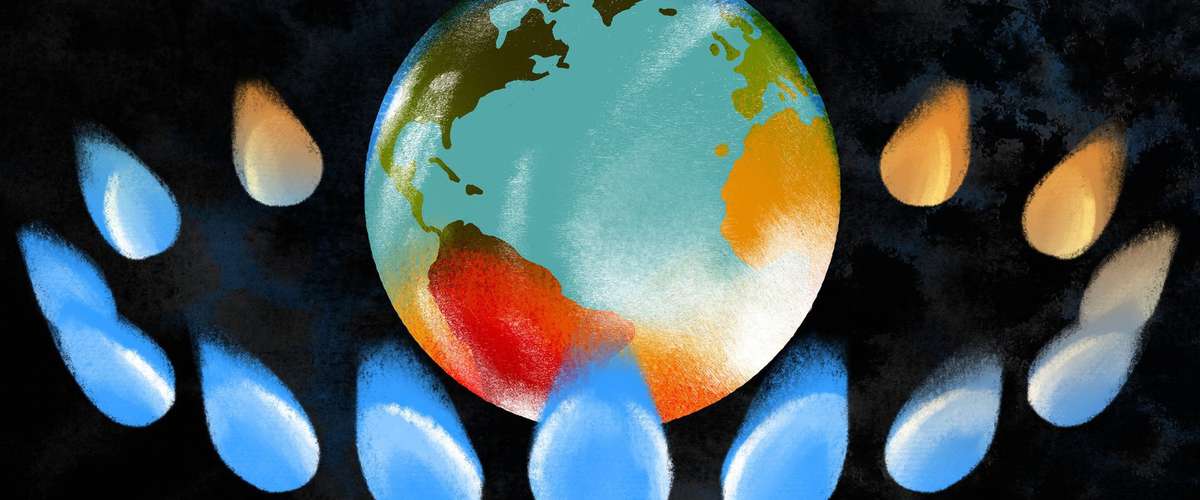















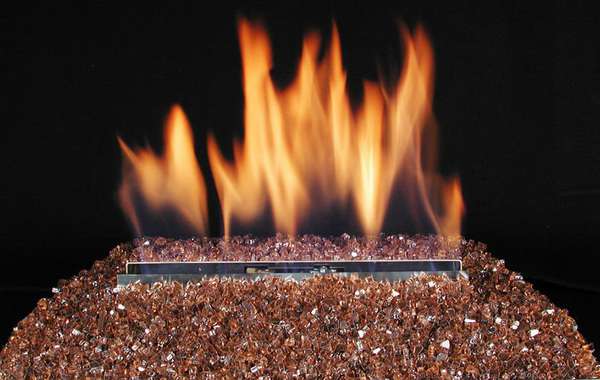
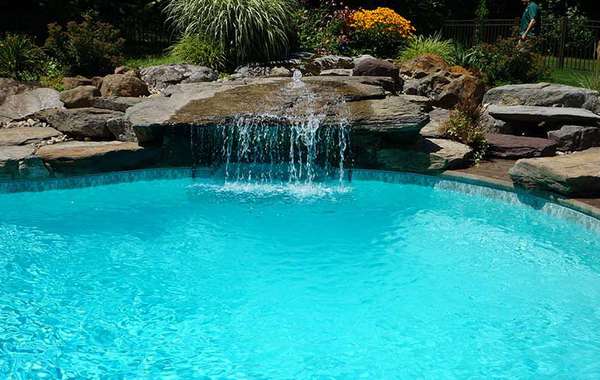
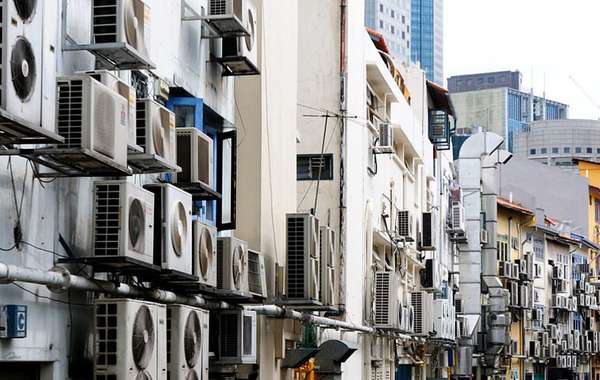
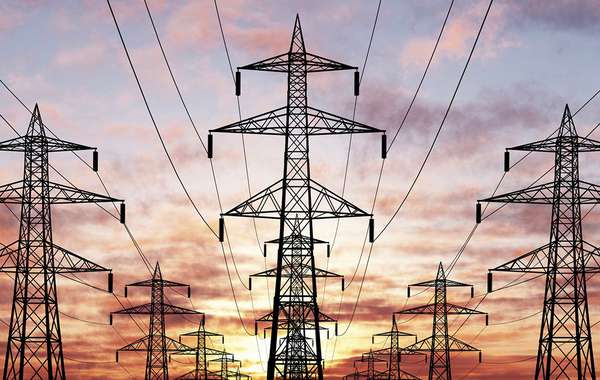
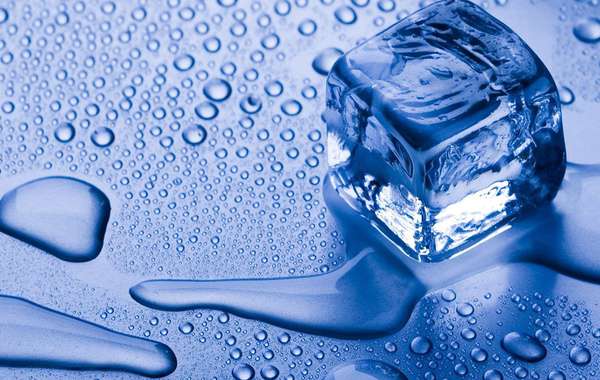
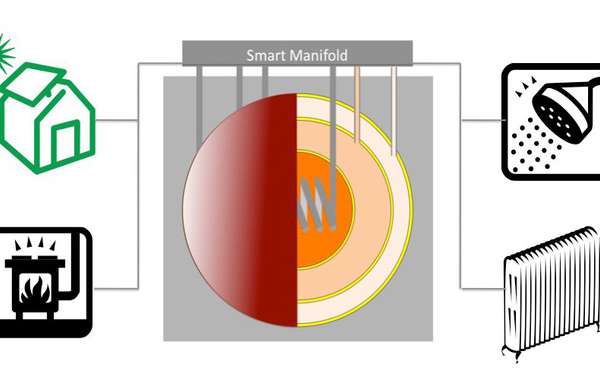

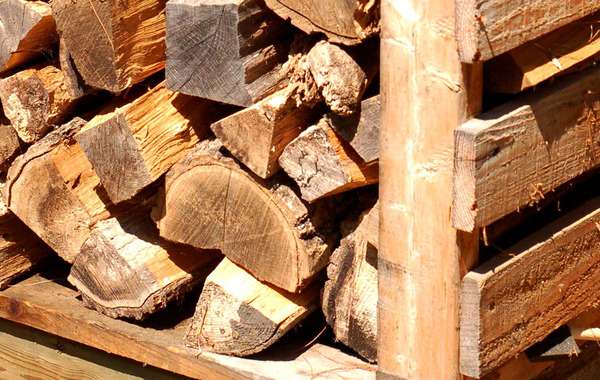
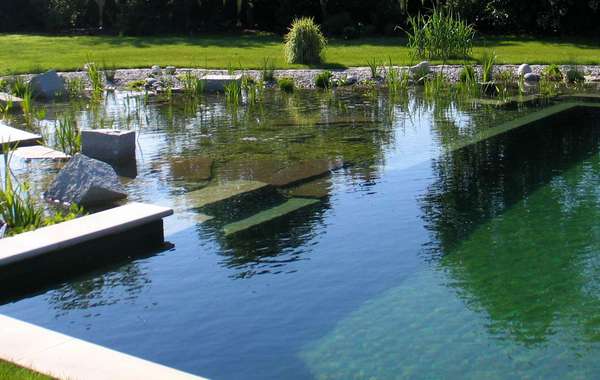
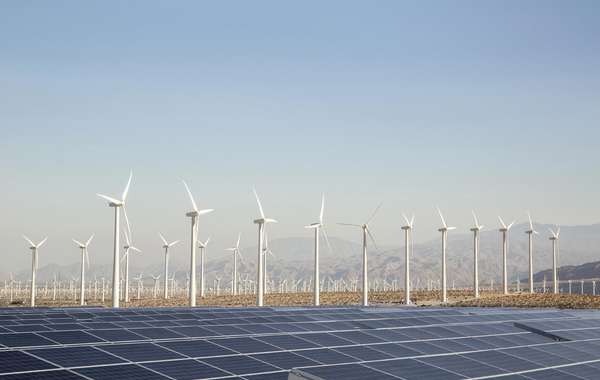
Comments (0)
Sign Up to Comment